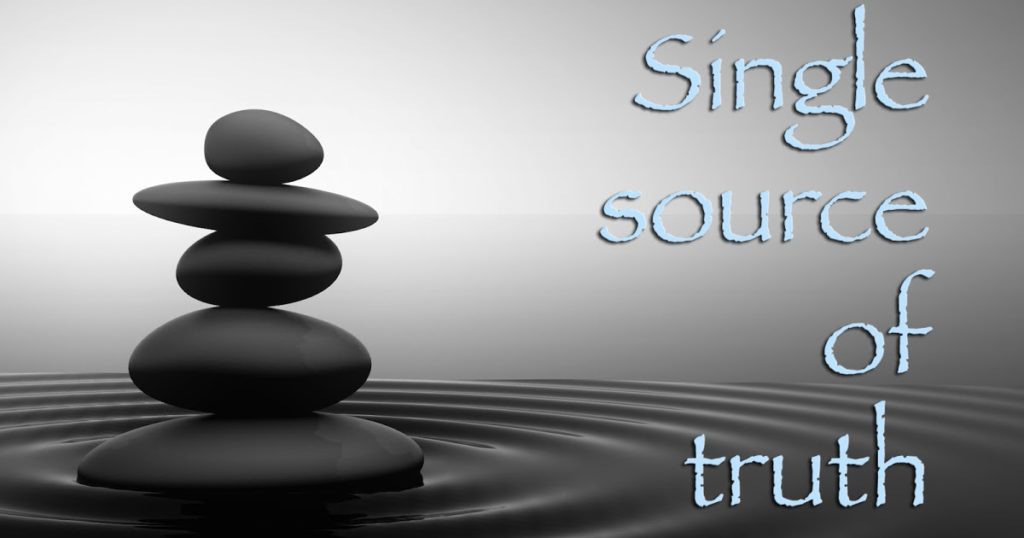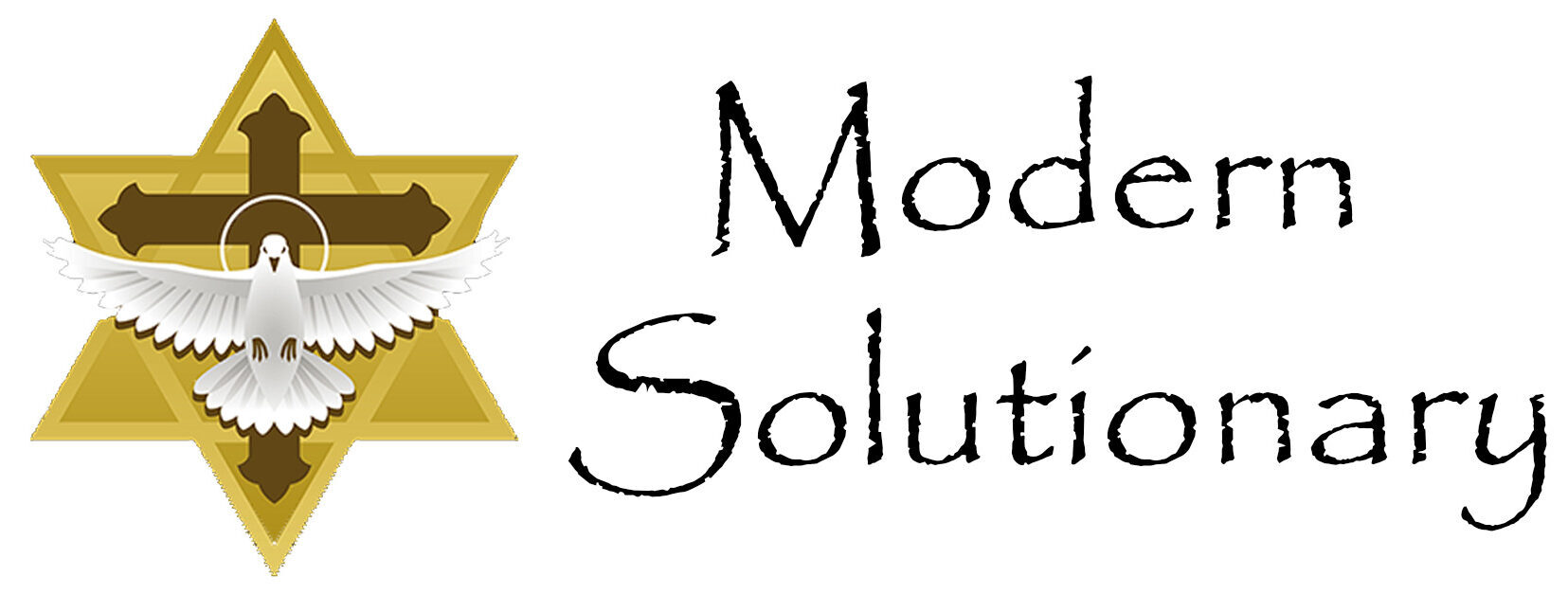
Since the beginning of time, humans have been questioning each other as to their reference of what they thought was the truth. Parents have taught their children to always tell the truth whenever questioned. As young adults, we begin to question any and all authority figures as to the level of truth they provide when it pertains to their area of control; sadly, the goal at that age drives us to spiral toward a selfish direction. It is here that we begin to learn only those truths that make sense to the life we wish to live. All other truths are highly doubted. It isn’t until we are more mature adults, we begin to reflect back on all the truths we ignored and those which we chose to learn; trying to discern the ones that impacted or will impact the lives of those we care most about. Only then do most of us begin to profess to the people most important in their lives, the truths we wished we had learned earlier in lives. Finally, as elders, we are forced to face the final days of our lives, trying to live the truth in preparation of our final unknown journey. The young who witness this change recite, “Better safe than sorry…Right?” While the older wiser adults all say, “I wish I had done this much sooner.”
If this fleeting topic we call “the truth” is so important and we all struggle to possess it; then who owns it?
The answer to this question should provide us the explanation as to why so many people live believing varying truths. In today’s society, we have an interesting statement that leads people to believe there is no single truth for each situation, problem or circumstance. When questioned as to whether what someone thought, said or did was based on a truth people quickly reply, “I don’t know but it is true for me.” In other words, “the known truth doesn’t matter, only what I believe to be true matters. This self-centered ideology changes the thought process of those who think this way. It’s our way of stopping one’s self from further seeking the truth. When we were kids we felt guilt when we lied to our parents. No one likes feeling guilty because it means I was wrong and I might like the results of the wrong that I am living. If I say this simple statement, “It’s true for me.” often enough they begin to believe that it absolves them of any guilt. What they fail to realize is it doesn’t work. This weak attempt to convince themselves that they already know the truth only blocks their mind from being open to even considering the real truth; they just continue living a lie.
The bottom line is that “NO” human can own the truth, because they did not create it; they either know it, do not know it or completely ignore it.
Throughout the millennium the human reality has struggled with the poor handling of the truth which can be narrowed down to only three types of behaviors.
We can accidently choose wisely without knowing the truth.
We can be completely mistaken about the truth but still arrive at the truth through the unforeseen consequences of our decision.
Finally, we can know the truth but choose to ignore it completely for our own selfish reasons.
This is why there will always be bad reasons for good ideas and good reasons for bad ideas. This dilemma causes moral people to struggle to find common ground on ideological differences; without even considering the truth as it applies to the circumstance in question. The truth is there but its lost in the mix we create through our selfish nature. An individual’s reality can change but the truth remains constant regardless of our thoughts, reasons, or ideals.
Ownership by definition implies creation and control so if no human possesses this status, who would be able to claim the title of Creator of Truth?
Before I let you answer that question consider that there are only three schools of thought as it pertains to the truth; Divine Natural Law (Spiritual), Secular Natural Law (Scientific) and Historic Natural Law (Natural). Each and every truth imaginable will fall under one or more of these groups and in every possible truth known to mankind, people had no ownership in them. They were not created by our hands. In fact, we can only do three things with the truth; learn it, teach it and, only then, live it. In no case can we create, own or control it. Even when the very first person learns a truth, they never created, owned or controlled it. They just discovered what was always there. Just like the law of gravity; years before mankind understood it, named it and taught it; the species had to deal with it. Sir Isaac Newton learned it, taught it and we all live it daily. People have since learned how to work with it by flying and gliding through the air but no one can control the law. We can only learn the dynamics of the application so we can harness our use to fit the parameters of the law.
After all of this has been said, I hope you all figured out that the Creator of all things also made all the known truths. Only the Creator can change what is a natural law or truth. We never could and we never will so just tough it up and accept it. The sooner we all understand this simple, yet for some a distasteful truth, the sooner the world will become a better place.
Anthony “Tony” Boquet, the author of “The Bloodline of Wisdom, The Awakening of a Modern Solutionary”
If this is my last post, I want all to know there was only one purpose for all that I have written; to have made a positive difference in the lives of others.

Point of view is often mistaken and owned as a truth. “It’s my truth”. We all have a point of our own experience that we anchor as our truth point and when experiences that are different anchor points than our own are presented as truth , we have difficulties grasping those realities. Yet these are not truths. But simply beliefs based on our experience . Stepping away from the necessity of ownership we can realize viewpoints are just that. Perspectives .
Truths are universal and basic and unarguable
Well said Tim. Thank you for sharing.